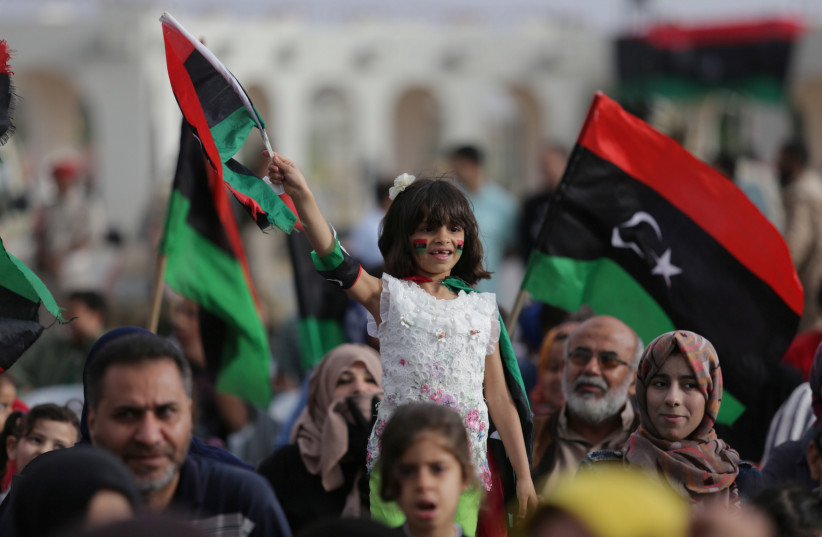The United Nations' top officer in Libya issued a dire warning to the Security Council on Tuesday, asserting that the political, military, and security situation in the North African country has significantly deteriorated and that "the status quo is not sustainable."
For more stories from The Media Line go to themedialine.org
Stephanie Khoury serves as a senior political affairs officer for the United Nations Support Mission in Libya, a non-military body that was created in the aftermath of the 2011 Libyan civil war and NATO-led bombing campaign that led to the ousting of longtime dictator Muammar Gaddafi.
“In the absence of renewed political talks leading to a unified government and elections, you see where this is heading—greater financial and security instability, entrenched political and territorial divisions, and greater domestic and regional instability,” she noted.
The country has long been divided into rival administrations based in the east and west, both of which are backed by varying foreign actors, including governments and militias.

In 2021, Prime Minister Abdul Hamid Dbeibah, who oversees the Tripoli-based western government, failed to hold elections and has since refused to step down, leading the east-based parliament to appoint their own prime minister in response.
In the east, power largely rests with Khalifa Hifter, commander of the Libyan National Army.
Hifter's recent actions
Last month, Hifter ordered the military to close the Sharara oil field, the country’s largest, sparking widespread economic concerns. On the political front, the east-based parliament voted to outright terminate the mandate of the Government of National Unity, which was summarily rejected by political leaders in the West.
